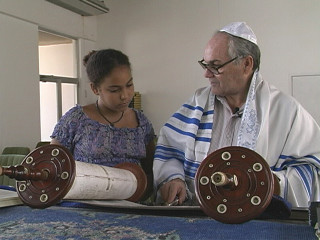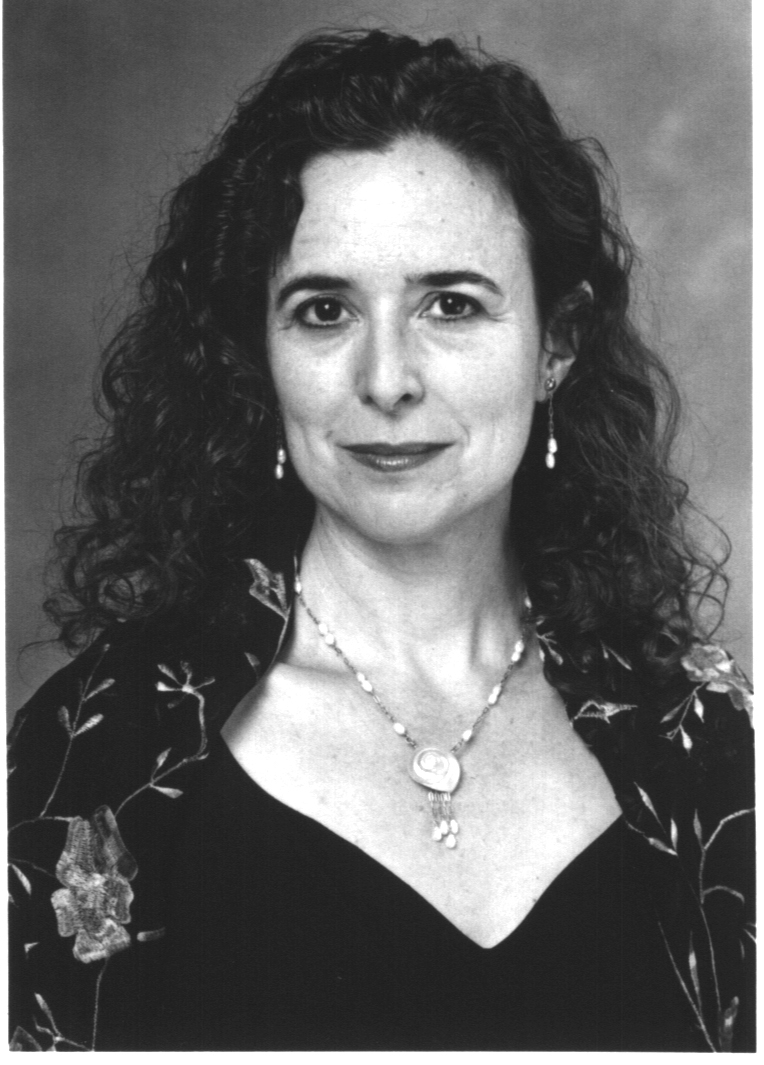
Adio Kerida (Goodbye Dear Love)
2002 | 82 minutes | Color | DVD | Spanish/English | Subtitled | Order No. 03784
SYNOPSIS
PRESS
“Personal, poetic, and reflective…offers a glimpse into a relatively unknown realm of the Cuban reality. Recommended.”
"A wonderful second-generation exploration of Sephardic emigration and the yearning for return of nostalgic memory, painful 'adioses', and the survival of a rich heritage and vision of life. Ruth Behar's film, like her best anthropological writing, is poignant, humorous, gentle, insightful, smart. One comes away from it both knowing much more and touched in the heart."
"…the best examination of the Jewish Sephardic and Cuban diaspora I have ever seen. It is the artistic and critical work of a brilliant ethnographer…a major contribution to diaspora and mestizaje cultural studies."
“…a moving and insightful film. It traces with sensitivity and love the enduring ties between the Sephardic Cuban-Jews and their homeland.”
“With the gaze of a poet and the fortitude of an audacious traveler Ruth Behar reveals, unveils and discovers with her audience the emigrant experience of the Jewish refugees in Cuba.”
"Recommended."
"Highly recommended. A well-paced, heartfelt documentary."
"Offers an easy-to-view introduction to a fascinating culture. Libraries with strong Jewish studies collections should definitely have this one."
SCREENING HIGHLIGHTS AND AWARDS
- Cine Festival - PREMIO MESQUITE Honorable Mention
- East Lansing Film Festival - Documentary Award
- San Fran. Bay Area Latino F F - Jury Award
- Tulipanes Latino Art and Film Festival
- Miami Jewish Film Festival
- New York City Reel Jews Film Festival
- Los Angeles International Latino Film Festival
- Miami Film Festival
- Ann Arbor Human Rights International Film Festival
- Festival Internacional del Nuevo Cine Latinoamericano, Havana
- Los Angeles Sephardic Film Festival
- Lenore Marwil Jewish Film Festival
- Boston Jewish Film Festival
- North Carolina Jewish Cultural Arts Festival
- Palm Beach Jewish Film Festival
- Washington Jewish Film Festival
- Vistas Film Festival
- San Diego Latino Film Festival
- Cine Accion San Francisco International Latino Film Festival
- Athens International Film and Video Festival
ABOUT FILMMAKER(S)
Ruth Behar, a Cuban-American anthropologist and writer, was born in Havana, Cuba, and grew up in New York. She was twenty-six when she received her Ph.D. in cultural anthropology from Princeton University and she is now the Victor Haim Perera Collegiate Professor of Anthropology at the University of Michigan. A writer, a cultural anthropologist, and a modern nomad, Behar has lived and worked in Spain, Mexico, and Cuba. She is known for her humanistic approach to understanding identity, immigration, and the search for a home in our global era.
In 1988, Behar was the first Latino woman to be awarded a MacArthur fellowship and she is also a recipient of the Belpré Medal. Her research on the dwindling Jewish community in Cuba is also the focus of her film, ADIO KERIDA (2002). It featured camera work and editing by her son Gabriel Frye-Behar and has been shown in festivals around the world. (01/20)
Subject Areas
RELATED LINKS
MATERIALS



